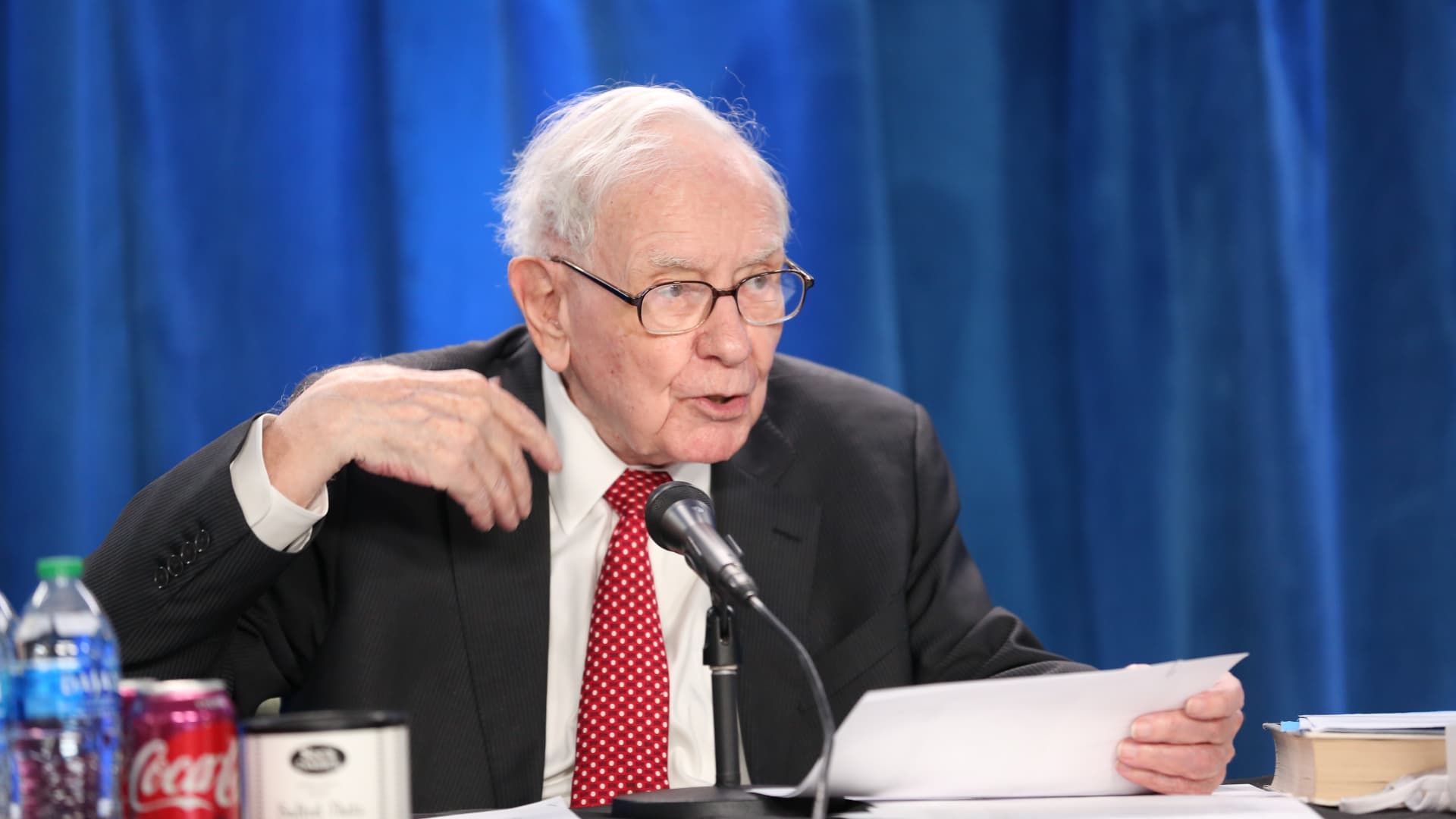A commenter recently asked me this question:
Curious, are you a fan of the term “stimulus”?
In general, I’m not very picky about terminology. I know what people mean when the use terms such as “monetary stimulus.” But I do worry that others will be mislead into thinking that monetary policy is a sort of medicine, which is given to treat a sick economy. If that’s the framework people are using, then monetary policy will probably end up destabilizing the economy. In the wrong dose, any medicine becomes a poison.
I favor a monetary regime where the central bank stabilizes some sort of price. Prior to 1933, the Fed stabilized the price of gold. Hong Kong’s government stabilizes the exchange rates between the Hong Kong and US dollars. I’d like to see the Fed stabilize NGDP futures prices. Under NGDP futures targeting, the term “stimulus” has no clear meaning. What does it mean to “stimulate” the economy, if all you are doing is stabilizing NGDP futures prices?
You might argue that under my proposed regime there would be periods when the monetary base would rise sharply, and that these periods could be called “stimulus”. I don’t find that term to be particularly descriptive, and more importantly that’s not how most people define monetary stimulus. Indeed, people often argue that the Fed is stimulating the economy during periods where the monetary base growth rate declines, as long as interest rates also decline (as in late 2007). I suppose one could call falling interest rates “stimulus”, but in what sense would falling interest rates reflect monetary policy if the Fed were targeting NGDP futures prices? Is the Hong Kong monetary authority stimulating the economy when it fixes the HK/US exchange rate during a period of falling US interest rates?
Again, I’m not particularly picky about terms. I only get annoyed when someone redefines a term in a way that causes outright confusion, as when Austrians claim “inflation” means a rising money supply or when MMTers define “saving” as the budget deficit. Nonetheless, I don’t regard “stimulus” as an ideal term, as it is likely to confuse the public as to the proper role of monetary policy. Monetary policy should not be aimed at fixing problems; it should refrain from creating problems.
Our recent inflation problem was caused by the Fed trying to use “stimulus” to create jobs. That sort of policy gimmick never ends well. A healthy labor market is a byproduct of a stable monetary regime.
(0 COMMENTS)
Source link















